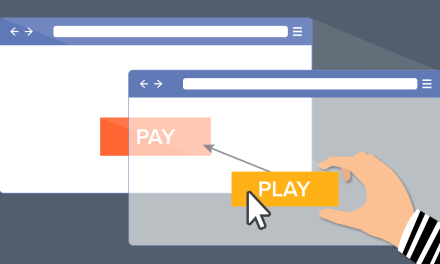In today’s ever-evolving Canadian real estate market, many individuals are self-employed, each with their own set of advantages and disadvantages. Whether you’re a seasoned self-employed professional or a new entrepreneur, purchasing a home can present unique challenges compared to those with traditional employment. This article delves into what you need to know about buying a detached house, townhome, or condominium when you’re self-employed.
-
Stated Income
Self-employed Canadians often have variable income, making it challenging to demonstrate consistent earnings during mortgage applications. Unlike traditional employees with pay stubs, self-employed individuals may not have tax returns that accurately reflect their current income due to various deductions and financial variables.
Solution: Maintain meticulous and verifiable financial records for your business, which can supplement your mortgage application.
-
Proof of Income and Business Stability
Lenders typically require proof of income for mortgage approval. Self-employed individuals may need to provide tax returns, detailed financial statements, invoices, and other documentation to establish their income. Some lenders may demand multiple years of tax returns to create a reliable income history.
Solution: Work with a tax accountant to ensure accurate and timely tax returns that reflect your self-employed income.
-
Seasonal Income
If your self-employed business experiences seasonal income fluctuations, lenders may be cautious about approving a high mortgage amount due to uncertainty surrounding consistent mortgage payments.
Solution: Build a strong credit history and maintain a high credit score to enhance your approval prospects.
-
Initial Down Payment
All homebuyers require a down payment, usually ranging from five to twenty per cent of the purchase price. However, self-employed individuals may be asked to provide a larger down payment, as lenders consider them higher risk due to variable income.
Solution: Save for a substantial down payment, which can increase your chances of mortgage approval.
-
Passing the Stress Test
Mortgage lenders employ a stress test to evaluate borrowers’ capacity to handle interest rate fluctuations. Self-employed individuals face more stringent assessments, making it harder to pass the stress test, especially in a rising interest rate environment.
Solution: Be aware of your mortgage affordability under a stress test with rates above seven percent.
-
Higher Mortgage Rate
As traditional lenders may pose challenges for self-employed borrowers, specialized mortgage options may be necessary. These options can come with slightly higher interest rates or stricter qualification criteria.
Solution: Seek out a mortgage broker experienced in working with self-employed individuals to connect with lenders more open to approving mortgages for this group.
-
Debt-to-Income Ratio
Lenders typically assess a borrower’s debt-to-income ratio to determine their ability to manage mortgage payments. Self-employed individuals may have high business expenses that affect their ability to meet debt-to-income requirements.
Solution: Pay off personal and business-related debts, such as car loans, credit cards, and lines of credit, before applying for a mortgage. Minimize business-related debts to improve your financial profile.
An Important Reminder
While preparing for a home purchase as a self-employed individual is essential, it’s crucial to note that each lender has its own criteria. Mortgage lenders’ requirements for self-employed individuals can vary, so it’s essential to evaluate your options, understand your business’s strengths and weaknesses, adapt to market conditions, and seek out lenders who comprehend your unique business and financial needs.










